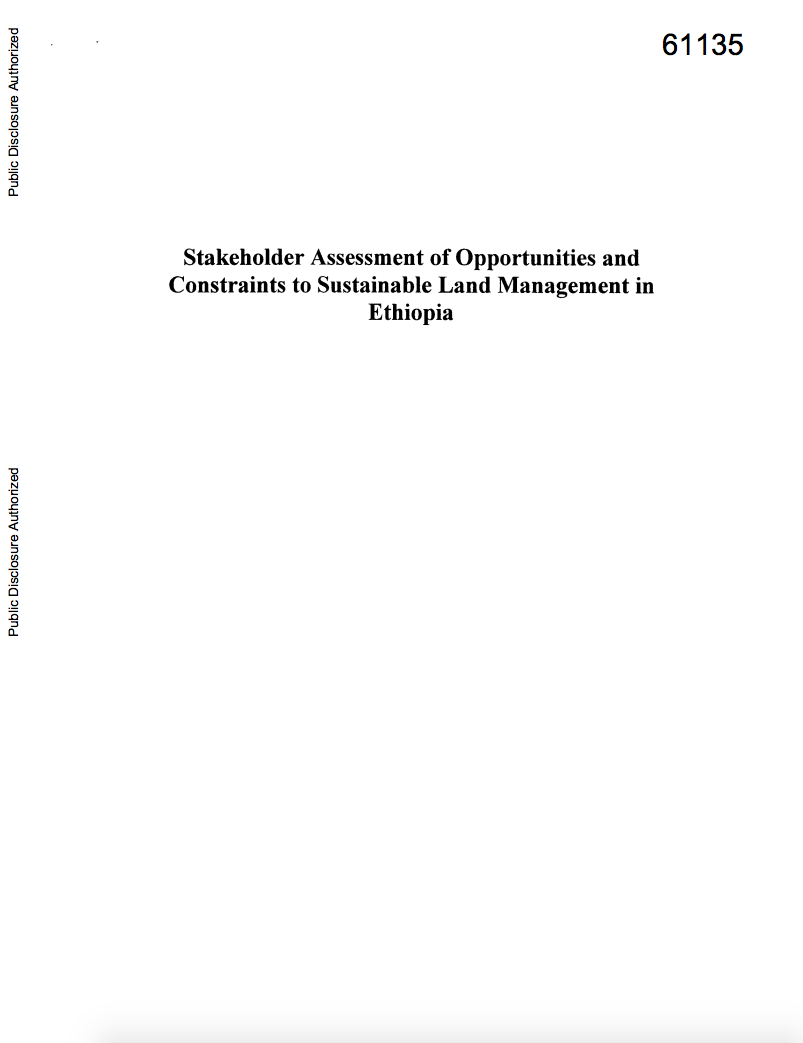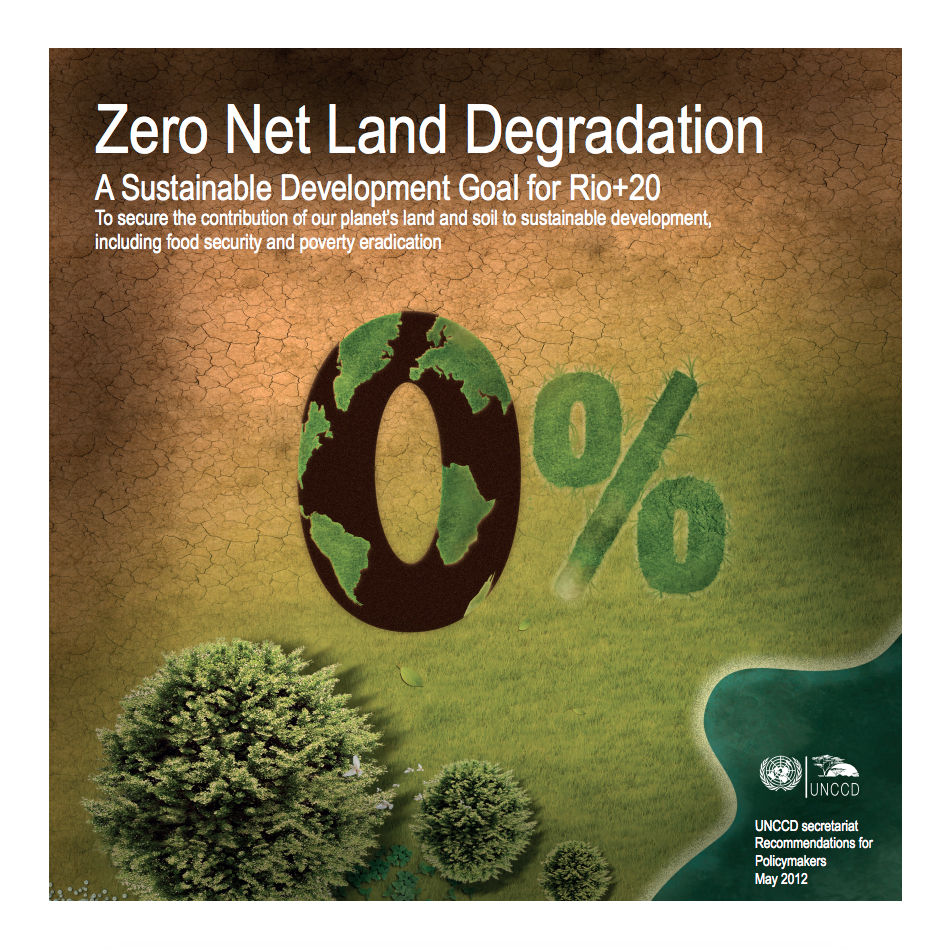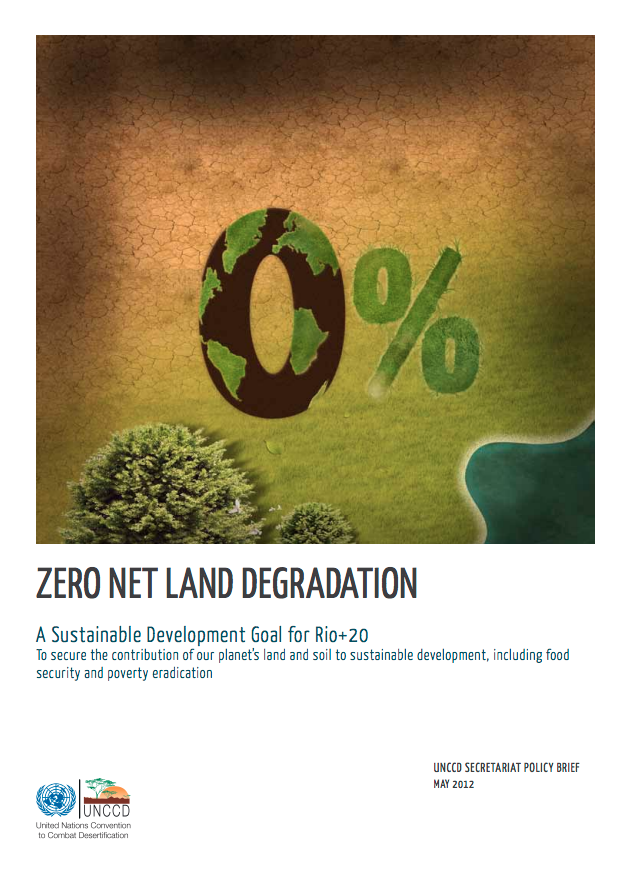OPS3 - Progressing toward Environmental Results : Third Overall Performance Study of the Global Environmental Facility, Executive Version
The purpose of the Third Overall
Performance Study (OPS3), commissioned by the Global
Environment Facility (GEF) Council, is "to assess the
extent to which GEF has achieved, or is on its way towards
achieving its main objectives, as laid down in the GEF
Instrument and subsequent decisions by the GEF Council and
the Assembly, including key documents such as the
Operational Strategy and the Policy Recommendations agreed




